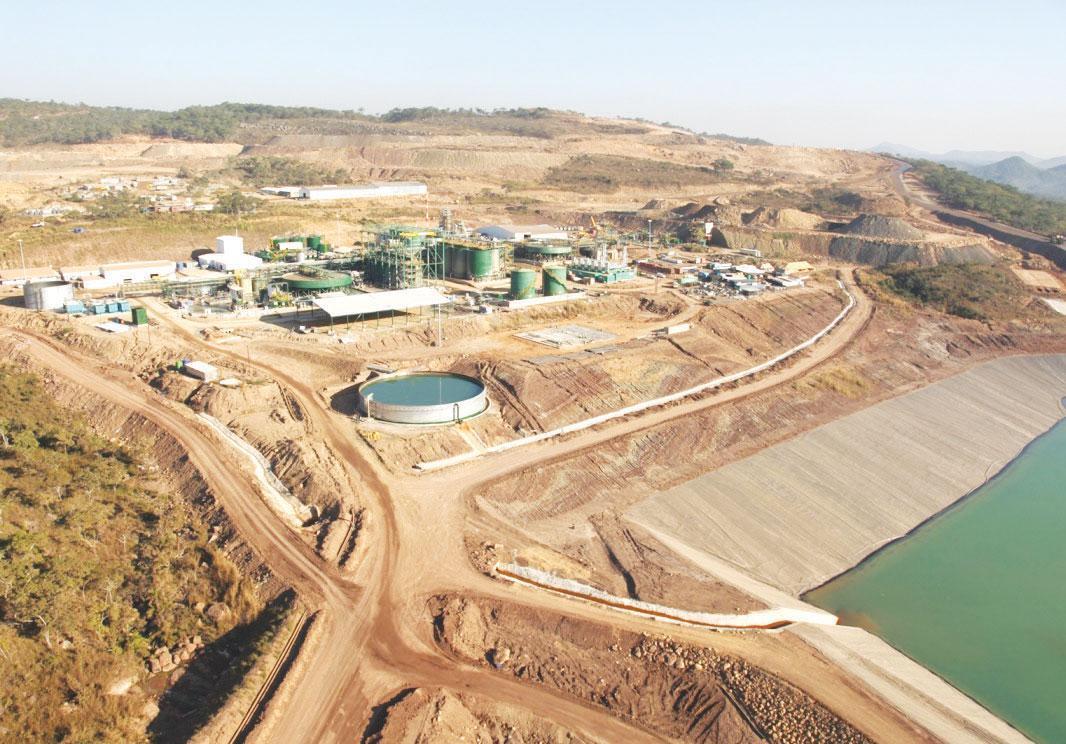Africa-Press – Malawi. Malawi may have to wait up to a decade before it starts reaping substantially from its mining sector, the World Bank has said.
The bank’s latest July 2025 Malawi Economic Monitor (MEM), titled “Navigating Uncertainties”, estimates that it could require five to ten years for the country to begin realising fiscal gains from large-scale mining developments.
The report highlights continued progress on major mining projects, noting that mining is poised to become Malawi’s largest export sector and a key revenue source within the next decade.
However, it warns that the timeline for fiscal benefits remains uncertain and dependent on several risk factors.
The World Bank estimates that under favorable conditions, the government revenues from mining could reach up to five percent of gross domestic product by 2033, provided that high-risk projects proceed and the government effectively captures and manages revenues.
“In a ‘business-as-usual’ scenario, which includes only two low- and medium-risk projects — the Kayelekera uranium mine and the Kasiya rutile mine — annual fiscal revenues from mining could exceed $200 million by the early 2030s, equivalent to about 10 percent of total fiscal revenues in the 2024/25 fiscal year,” the report states.
The report also presents an “unconstrained scenario” that includes additional high-risk projects such as heavy sands in Makanjira, rare earths in Kangankunde and Songwe Hill, niobium in Kanyika, and graphite in Malingunde.
It says if these projects move forward, revenue potential could increase significantly.
According to the report, the bulk of government revenue from mining will come from corporate income tax, with additional contributions from royalty payments and profit-sharing agreements.
Mining is one of Malawi’s flagship sectors, identified in the Agriculture, Tourism, Mining and Manufacturing (ATMM) strategy as key to driving economic transformation in the short to medium term.
Mining expert Paul Mvula said Malawi already has supportive legal frameworks and untapped opportunities that could allow the country to benefit sooner rather than later.
“I think it is always important to know that we are masters of our own fate. We dictate the direction of what we want to see at the end of the day on the table,” Mvula said.
For More News And Analysis About Malawi Follow Africa-Press






